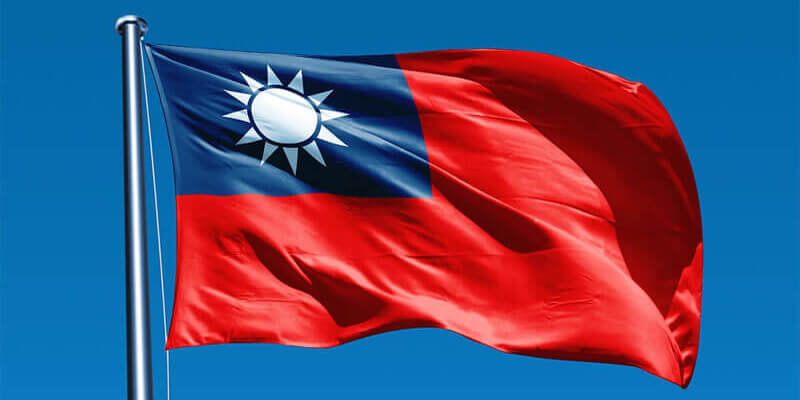
Taiwan (Chinese: 臺灣/台灣; pinyin: Táiwān), officially the Republic of China (ROC) (see §Etymology), is a country in East Asia. Neighbouring countries include the People's Republic of China (PRC) to the northwest, Japan to the northeast, and the Philippines to the south. The main island of Taiwan has an area of 35,808 square kilometres (13,826 sq mi), with mountain ranges dominating the eastern two-thirds and plains in the western third, where its highly urbanised population is concentrated. Taipei is the capital as well as the largest metropolitan area of Taiwan. Other major cities include New Taipei, Kaohsiung, Taichung, Tainan and Taoyuan. With 23.7 million inhabitants, Taiwan is among the most densely populated countries, and is the most populous country and largest economy that is not a member of the United Nations (UN).
Taiwanese indigenous peoples settled the island of Taiwan around 6,000 years ago. In the 17th century, partial Dutch colonization opened the island to Han immigration. After the brief Kingdom of Tungning in parts of the southern and western areas of the island, the island was annexed in 1683 by the Qing dynasty of China, and ceded to the Empire of Japan in 1895. Following the surrender of Japan in 1945, the Republic of China, which had overthrown and succeeded the Qing in 1911, took control of Taiwan on behalf of the World War II Allies. The resumption of the Chinese Civil War led to the loss of the mainland to the Communist Party of China and the flight of the ROC government to Taiwan in 1949. Although the ROC government continued to claim to be the legitimate representative of China, since 1950 its effective jurisdiction has been limited to Taiwan and numerous smaller islands.
Near Future ...
